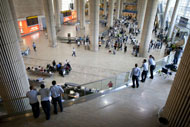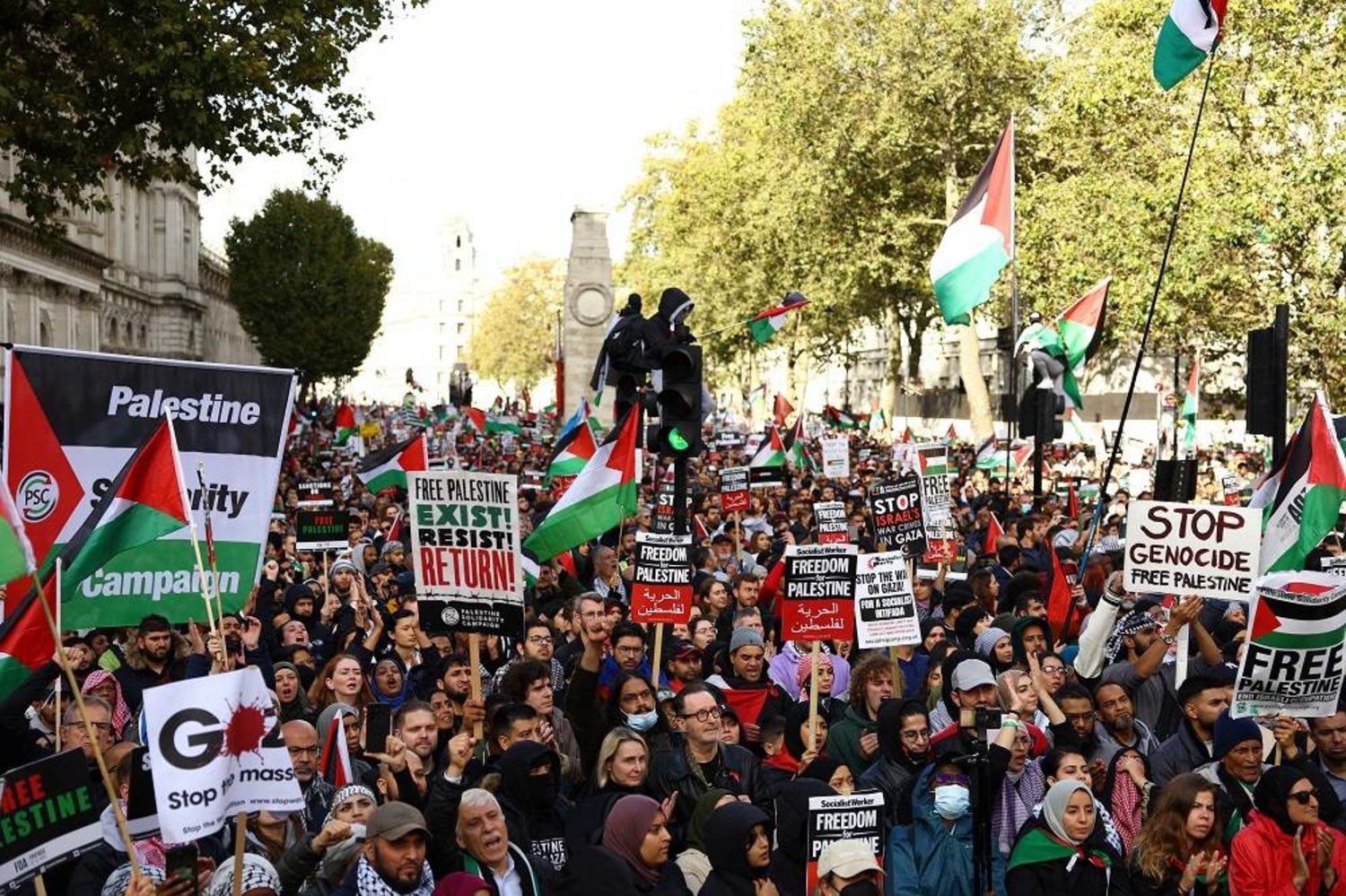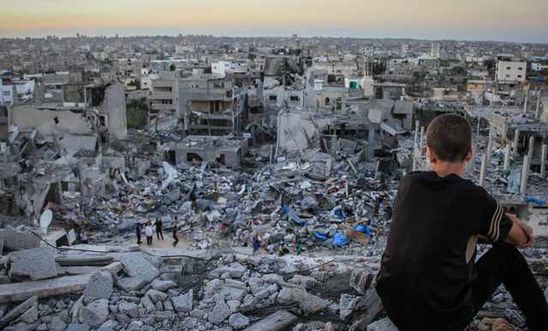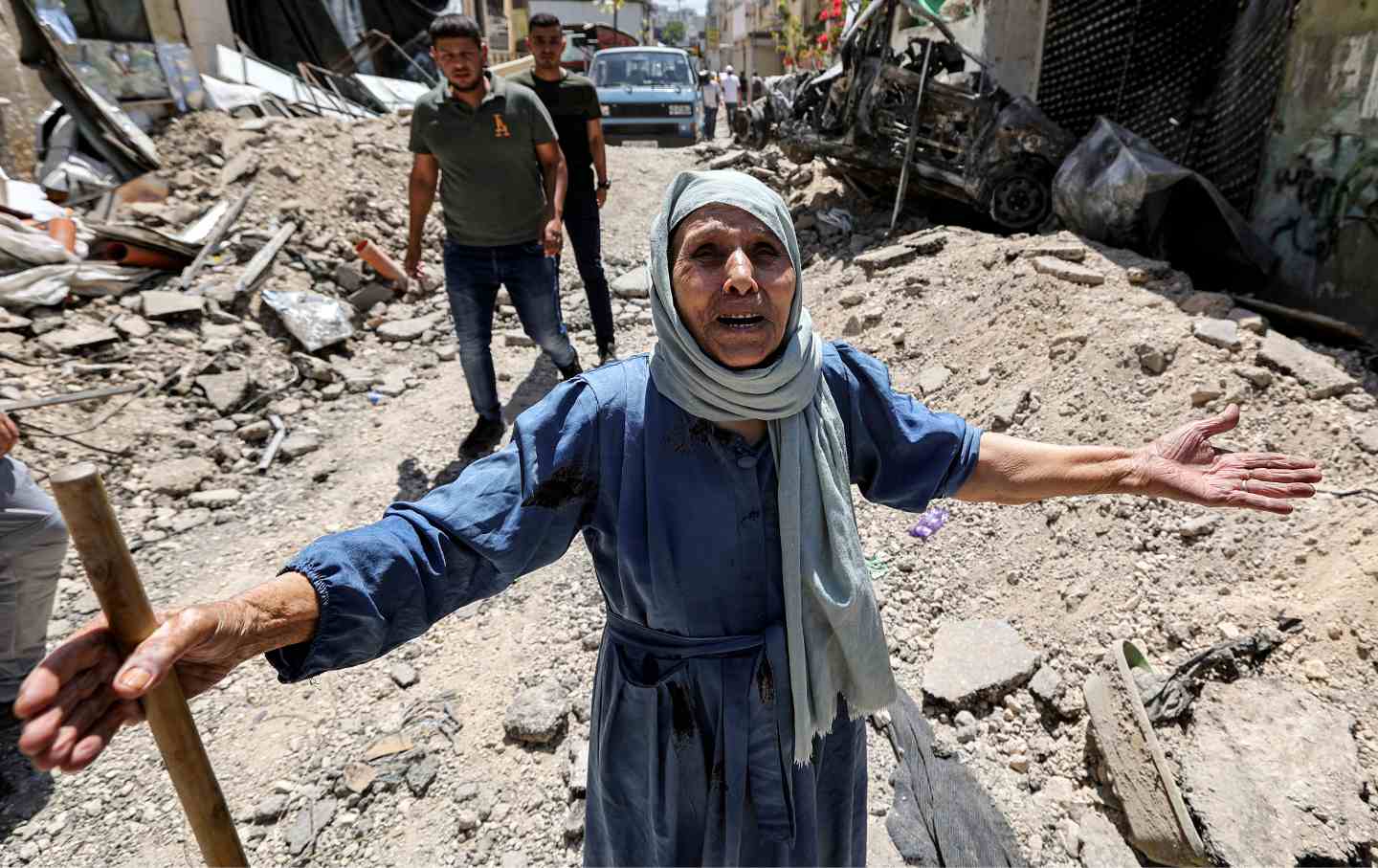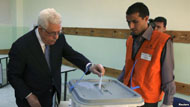
After a years-long hiatus, municipal council elections finally kicked off in the West Bank on October 20. Although these were “non-political” elections as everyone insisted on emphasizing, Fatah – Palestine’s biggest political faction –has surely felt the political sting of undesirable results. Not unsurprisingly, Fatah lost out to other lists in three of the major cities – Ramallah, Nablus and Jenin – with the Nablus loss reportedly the hardest of them all. Ghassan Shakaa’, a former Fatah and PLO bigwig ran in an independent list against Fatah’s official candidate Amin Maqbul, and won. In Ramallah and Jenin, similar scenarios followed, with disgruntled Fatah defects taking seats which the movement had hoped to win for itself.
If anyone is happy that Hamas boycotted these elections, it is surely Fatah; how badly would they have fared if there was even more stiff competition? But Hamas will be Hamas, entrenched in their own grandeurs of glory, thinking they can remain cooped up in the cramped and besieged Gaza Strip and still call themselves kings of the mountain. We secular Palestinians on the other hand, should know a thing or two more about democracy, Fatah included. It seems as though the lessons of 2006 went right over Fatah’s head, yet again. Having lost out to Hamas in parliamentary elections, not necessarily because the people believed Hamas was the perfect choice but because they were so disillusioned by Fatah, one would think this movement would have done it right this time around. Granted, these are not presidential or parliamentary elections but, like they say, nothing is a better indicator of the future than the past.
In the weeks leading up the elections, trouble was already stirring for Fatah. As members began expressing their desire to run in independent lists, the leadership made it clear this would not be tolerated. Instead of embracing the fact that these were municipal elections – that is, not elections for political positions – Fatah reverted back to its old mantra: “Either our way or the highway.” The ultimatum – either the wayward candidates ran in Fatah’s official lists or they would be dismissed from the movement – resulted in dozens of longtime loyalists being cast out of Fatah’s rank and file. Not surprisingly, this disunity was reflected in the ballot boxes and Fatah walked away from Election Day with their tales between their legs.
More importantly, Palestinians without a stake in political parties or factions and only interested in the common good, are mourning the fact that the concept of democratic choice was almost completely lost on us. Hamas, hardly democratic, would not let the people under its rule practice their democratic rights either. The Gaza Strip, which is an integral part of Palestine, was left completely out. And Fatah, not able to let go of its political tunnel vision, politicized the elections which are supposed to be about services rather than political positions.
This is not to say that other smaller factions are not guilty of this as well. But given Fatah’s history, clout and sheer size, we would have thought that lessons of the past would have been learned for the future.
The elections were not a failure though, not completely. The lists that won in the major cities and other places – Fatah did take other cities such as Hebron and Qalqilya – will hopefully serve their communities well. This is the point of democracy, is it not? We should have the right to choose our representatives, who in turn should have the right to run in whatever capacity they choose.
Still, any Palestinian elections – municipal or otherwise – cannot be considered complete, without Gaza. If we are to embrace democracy in spirit and in letter, Hamas needs to climb off its high horse and accept reconciliation. Fatah, on the other hand, needs to look beyond the tip of its political nose and realize that in whatever capacity its members run, if they are qualified, they will benefit not only Fatah, but all of the people.
Joharah Baker is a Writer for the Media and Information Department at the Palestinian Initiative for the Promotion of Global Dialogue and Democracy (MIFTAH). She can be contacted at mid@miftah.org.




